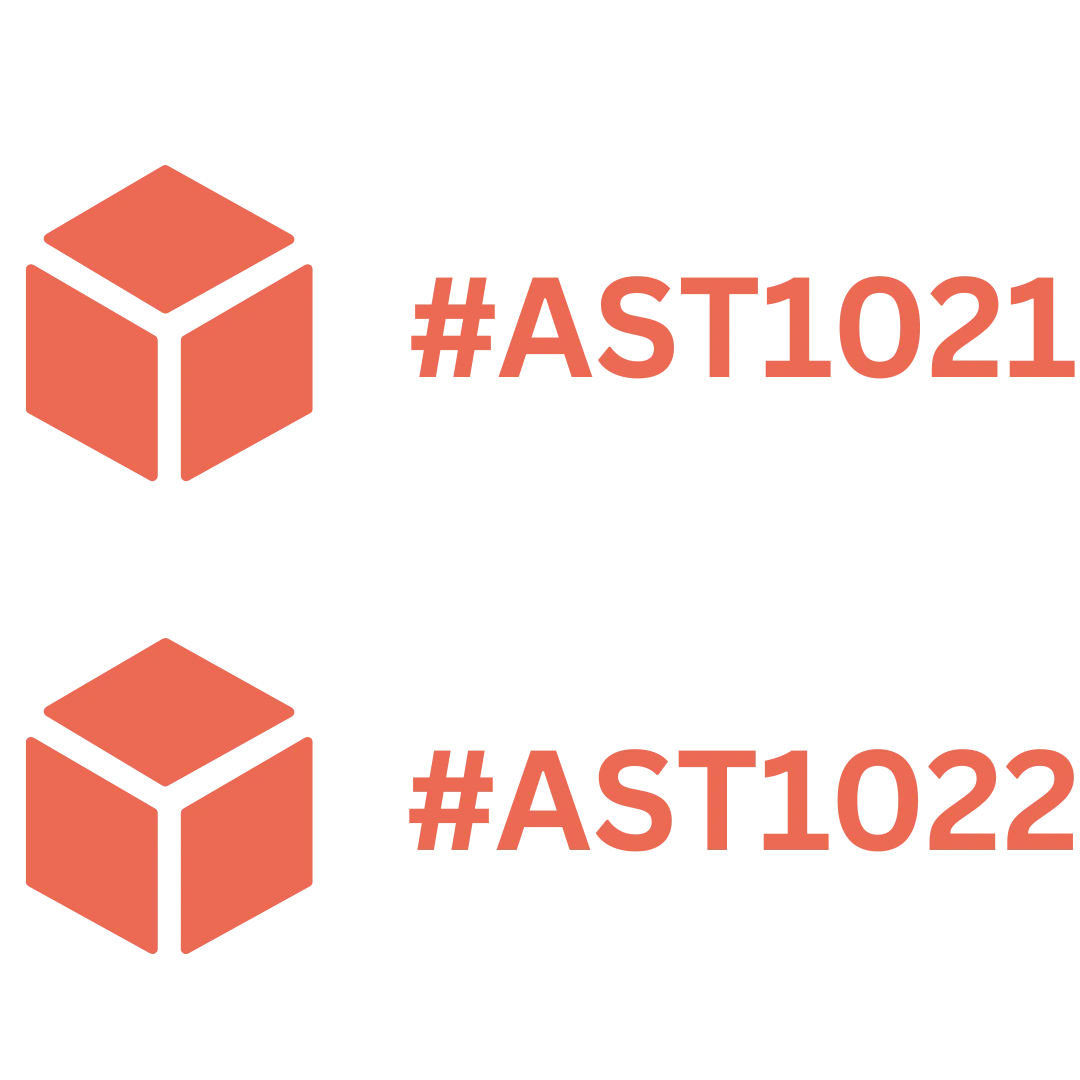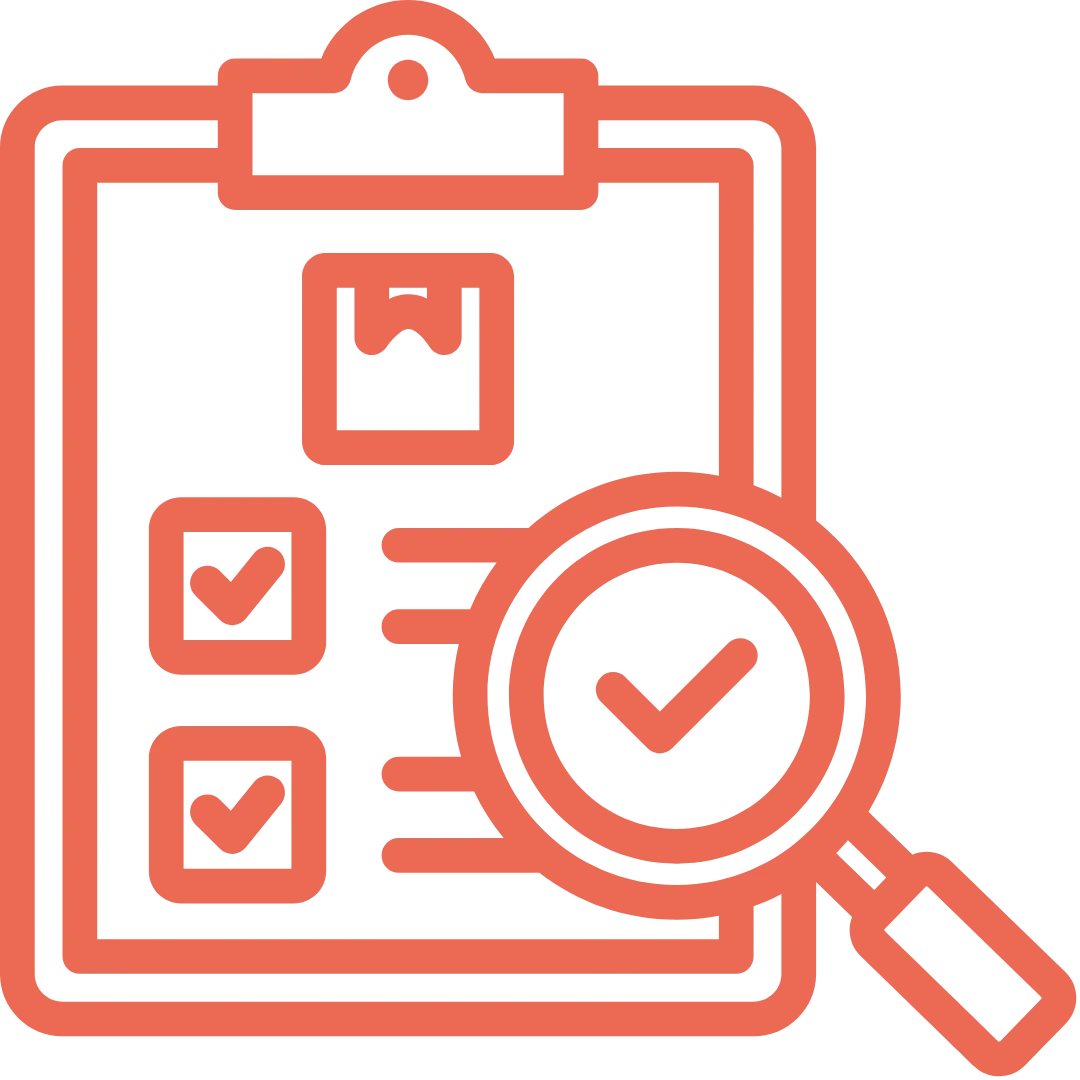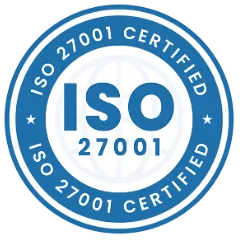In today’s rapidly evolving technological landscape, it is more crucial than ever for small businesses to effectively track their assets. Asset tracking, the process of monitoring and managing physical assets such as equipment, machinery, and tools, is essential for optimizing operations, reducing costs, and increasing efficiency. This blog explores the importance of asset tracking for small businesses and how it can benefit them in the long run. We will also delve into key strategies for implementing asset tracking solutions to enhance business operations.
Small businesses often operate with limited resources and tight budgets, making it vital to maximize the value of every dollar spent. Implementing asset management software, like Asset Infinity, can help small businesses achieve this goal by enabling them to monitor and manage their physical assets more effectively. By keeping track of assets, small businesses can ensure efficient usage, minimize unnecessary expenses, and identify cost-saving opportunities. This, in turn, helps them remain competitive in a fast-paced and ever-changing business environment.
What is Asset Tracking?
Asset tracking involves monitoring an organization's physical assets—such as equipment, inventory, and tools—throughout their lifecycle. By utilizing advanced technologies like RFID, QR codes, and mobile apps, asset tracking provides businesses with real-time visibility and control over their assets. This leads to improved efficiency, increased productivity, and significant cost savings.
Here are three key benefits of asset tracking for small businesses
1. Improved Inventory Management
Asset tracking enables businesses to monitor inventory levels, locations, and movements in real-time. This capability helps optimize inventory levels, reduce stock-outs and overstocks, and ultimately save money.
2. Enhanced Asset Utilization
By providing visibility into asset usage and availability, asset tracking ensures that assets are utilized to their full potential. This reduces downtime, improves equipment maintenance, and boosts productivity.
3. Better Asset Security
Asset tracking improves asset security by providing real-time information on the location and status of assets. This helps prevent theft, loss, or damage, safeguarding the business's valuable resources.
Importance of Asset Tracking for Small Businesses
1. Enhanced Efficiency
Asset management software like Asset Infinity helps small businesses streamline operations, avoid equipment downtime, and optimize asset utilization. By tracking and managing asset location, status, and maintenance schedules, small businesses can minimize unnecessary costs and reduce the risk of equipment breakdowns.
2. Improved Customer Service
With effective asset tracking, small businesses can ensure they have the necessary tools and equipment to provide timely and high-quality services. This leads to increased customer satisfaction, repeat business, and positive reviews.
3. Accurate Record-Keeping
Asset tracking allows small businesses to maintain accurate records of their assets, including purchase dates, maintenance schedules, and depreciation values. This is crucial for making informed financial decisions, complying with tax regulations, and preparing for audits.
4. Cost Savings
Asset tracking helps small businesses save costs by identifying underutilized assets, reducing maintenance expenses through proactive scheduling, and minimizing losses due to theft or misplacement.
5. Scalability
Asset tracking software can scale with the growth of small businesses. As your business expands, you can easily add or remove assets and customize the software to meet your specific needs, helping you achieve growth goals and adapt to changing environments.
Why Small Businesses Should Prioritize Asset Tracking from the Start
For small businesses, attention to detail is critical to success. Neglecting asset tracking can lead to lost assets, increased costs, decreased productivity, and stunted growth. By implementing automated asset tracking systems like those provided by Asset Infinity, small businesses can reduce the time and resources needed for manual tracking, allowing them to focus on core activities and growth opportunities.
Essential Features of Asset Tracking Systems for Small Businesses
When selecting an asset tracking system for small businesses, it’s important to focus on features that bring the most value and efficiency.
Here are some key features to look for
Real-Time Tracking
Real-time tracking is a must-have for small businesses. It provides instant visibility into where assets are located, ensuring that equipment, tools, or inventory can be located quickly when needed. This reduces downtime and helps keep operations running smoothly.
Mobile Accessibility
Small businesses often require flexibility, and mobile access allows users to track assets from anywhere, at any time. Mobile apps that integrate with asset tracking systems enable staff to scan barcodes, update asset information, and check the status of assets on the go.
Automated Alerts and Notifications
Asset tracking systems should offer automated alerts for maintenance schedules, low inventory levels, and expiring warranties. These reminders help small businesses stay on top of asset management without needing to manually track everything.
Customizable Reports
Custom reporting tools are valuable for tracking the performance and lifecycle of assets. This feature allows businesses to generate detailed reports on asset usage, depreciation, and maintenance, making it easier to make informed decisions.
Barcode, QR Code, and RFID Compatibility
These technologies are vital for efficient asset tracking. By tagging assets with barcodes, QR codes, or RFID tags, small businesses can easily scan and monitor them throughout their lifecycle, reducing the risk of loss or theft.
Cloud-Based Data Storage
A cloud-based asset tracking system provides flexibility, scalability, and data security. Small businesses benefit from secure, centralized data storage that can be accessed remotely, allowing for easier collaboration and management.
Key Challenges Faced by Small Businesses Without Asset Tracking
Small businesses that do not implement asset tracking systems often face several operational challenges. Here are some of the common issues:
Increased Asset Loss
Without proper asset tracking, small businesses are more prone to losing valuable equipment and tools. Misplaced or stolen assets can result in significant financial losses and disrupt daily operations.
Inefficient Inventory Management
Small businesses often struggle with tracking inventory manually, leading to overstocking, stockouts, and mismanagement. These inefficiencies can drive up costs and cause delays in fulfilling customer orders.
Higher Maintenance Costs
When assets are not tracked or monitored, businesses may miss scheduled maintenance, leading to equipment breakdowns and higher repair costs. Proactive maintenance scheduling, enabled by asset tracking, helps avoid these costly emergencies.
Compliance and Audit Challenges
Small businesses are required to maintain accurate records for tax reporting, audits, and compliance purposes. Without an asset tracking system, maintaining detailed records becomes difficult, increasing the risk of errors during audits or inspections.
Limited Scalability
Manually tracking assets becomes increasingly difficult as a business grows. Without a scalable asset tracking solution, small businesses may struggle to manage a growing inventory or equipment list, hindering their ability to expand efficiently.
Technologies That Drive Asset Tracking for Small Businesses
Several technologies are driving the evolution of asset tracking systems, offering small businesses the tools to enhance efficiency and reduce operational costs. Here are some of the key technologies:
RFID (Radio Frequency Identification)
RFID technology allows businesses to tag assets with small RFID chips that can be scanned remotely. This technology is particularly useful for tracking large inventories or equipment across multiple locations. It offers quick and accurate scanning, even in bulk.
QR Codes and Barcodes
These are cost-effective technologies for tagging and tracking individual assets. By scanning a QR code or barcode, businesses can easily access asset information, track movement, and update status, all with a simple scan using a smartphone or handheld device.
IoT (Internet of Things)
IoT technology connects physical assets to the internet, enabling real-time tracking and monitoring. Sensors attached to assets can collect data on location, condition, and performance, providing valuable insights that help optimize asset usage and maintenance.
GPS Tracking
For businesses that need to track vehicles or shipments, GPS technology is essential. GPS tracking systems provide real-time data on asset locations, ensuring that deliveries are on schedule and assets are accounted for.
Cloud Computing
Cloud-based asset tracking systems offer scalability and flexibility. Small businesses can store data securely in the cloud, access it from any device, and benefit from continuous updates without needing to maintain costly on-premise servers.
Choosing the Right Asset Tracking Solution for Your Business
Selecting the right asset tracking solution is critical for small businesses to maximize efficiency and growth. Here are some steps to help you choose the best solution:
Assess Your Business Needs
Before choosing an asset tracking system, evaluate your specific needs. Do you need to track equipment, inventory, or both? What is your current asset management process? Understanding your pain points will help you select a solution tailored to your business.
Consider Scalability
Choose a solution that can grow with your business. As your company expands, you’ll need a system that can handle additional assets, users, and locations without requiring a complete overhaul.
Prioritize User-Friendliness
The ideal asset tracking system should be easy to use for your team. A user-friendly interface ensures quick adoption and minimizes training time, allowing your staff to focus on core business tasks.
Look for Mobile Accessibility
Mobile access is crucial for businesses with assets that are frequently moved or used in different locations. Ensure that the system you choose offers mobile functionality, enabling real-time updates and tracking from anywhere.
Evaluate Integration Capabilities
Your asset tracking system should integrate seamlessly with other business tools like inventory management, accounting software, and ERP systems. This ensures a unified workflow and prevents data silos.
Check Support and Security
Choose a provider that offers strong customer support and prioritizes data security. Ensure that the solution complies with data privacy regulations and uses encryption to safeguard your sensitive asset information.
Conclusion
Asset tracking is an essential aspect of any small business, regardless of industry. It helps optimize asset utilization, minimize losses, and reduce unnecessary expenses, leading to significant cost savings. With advancements in technology, implementing an automated asset tracking system has become easier and more efficient. By leveraging asset management software like Asset Infinity, small businesses can delegate the task of asset tracking to a reliable system, allowing them to concentrate on core activities, improve productivity, and ultimately grow their business. While it may seem like a small decision, investing in asset tracking can have a big impact on the overall success of a small business. Effective asset tracking enhances efficiency, streamlines operations, and provides a competitive edge in the market.
FAQ On Asset Tracking for Small Business
What are the first steps to implement asset tracking in a small business?
The first step in implementing asset tracking is to assess your current assets. Start by taking inventory of all physical assets, such as equipment, tools, and inventory, and categorize them based on their type and use. Next, choose an asset tracking system that fits your business needs—one that offers scalability, ease of use, and compatibility with technologies like barcodes, QR codes, or RFID. Once selected, tag all assets with tracking labels or sensors, input the relevant data into the system, and set up maintenance schedules or reminders. Finally, train your staff on how to use the system to ensure smooth adoption.
How much does an asset tracking system cost for small businesses?
The cost of an asset tracking system for small businesses can vary based on the features and technologies offered. For basic systems with barcoding and simple tracking, prices can range from $500 to $2,000 for initial setup, including hardware and software. More advanced systems that include RFID, GPS tracking, and cloud-based services may cost between $2,000 and $10,000 depending on the size of your business and the complexity of your needs. Subscription-based cloud solutions typically range from $20 to $200 per month, depending on the number of users and assets being tracked.
What types of businesses benefit most from asset tracking?
Asset tracking benefits a wide range of businesses, but it is particularly valuable for industries that rely on physical assets for daily operations. These include:some text
- Retail businesses: To track inventory and prevent stockouts or overstocking.
- Construction companies: To monitor equipment usage, reduce downtime, and prevent theft.
- Healthcare providers: To track medical equipment, reduce losses, and ensure proper maintenance.
- Manufacturing businesses: To optimize machinery use, prevent breakdowns, and improve operational efficiency.
- Logistics and transportation: To monitor shipments and vehicles in real time, improving delivery schedules and asset security.
Any business that depends on the effective management of tools, equipment, and inventory can benefit from implementing an asset tracking system.

















































.webp)
.webp)
.webp)
.webp)
.webp)
.webp)
.webp)
.webp)
.webp)

.svg)




.webp)
.webp)











































.png)
.webp)



















